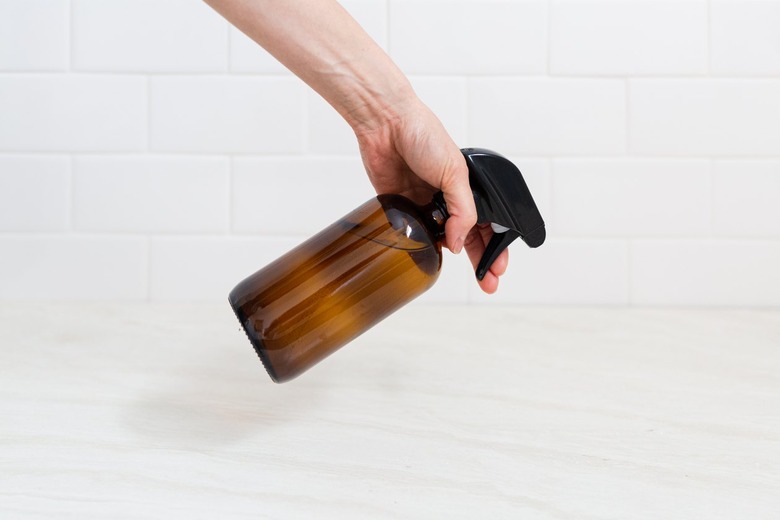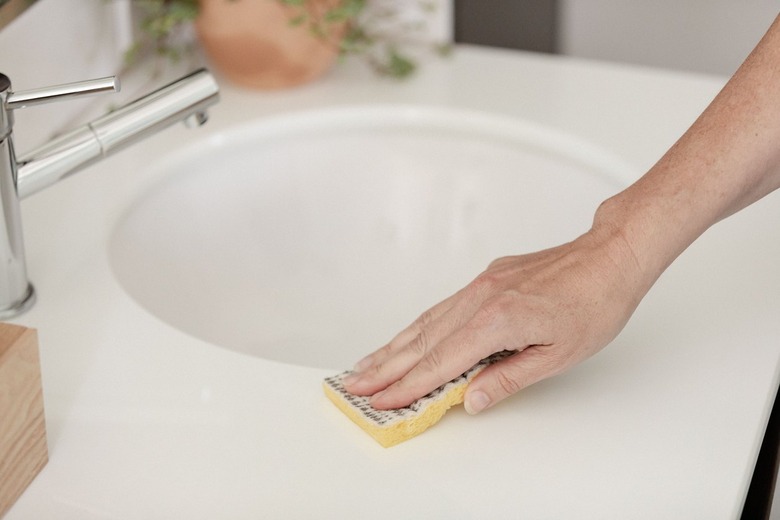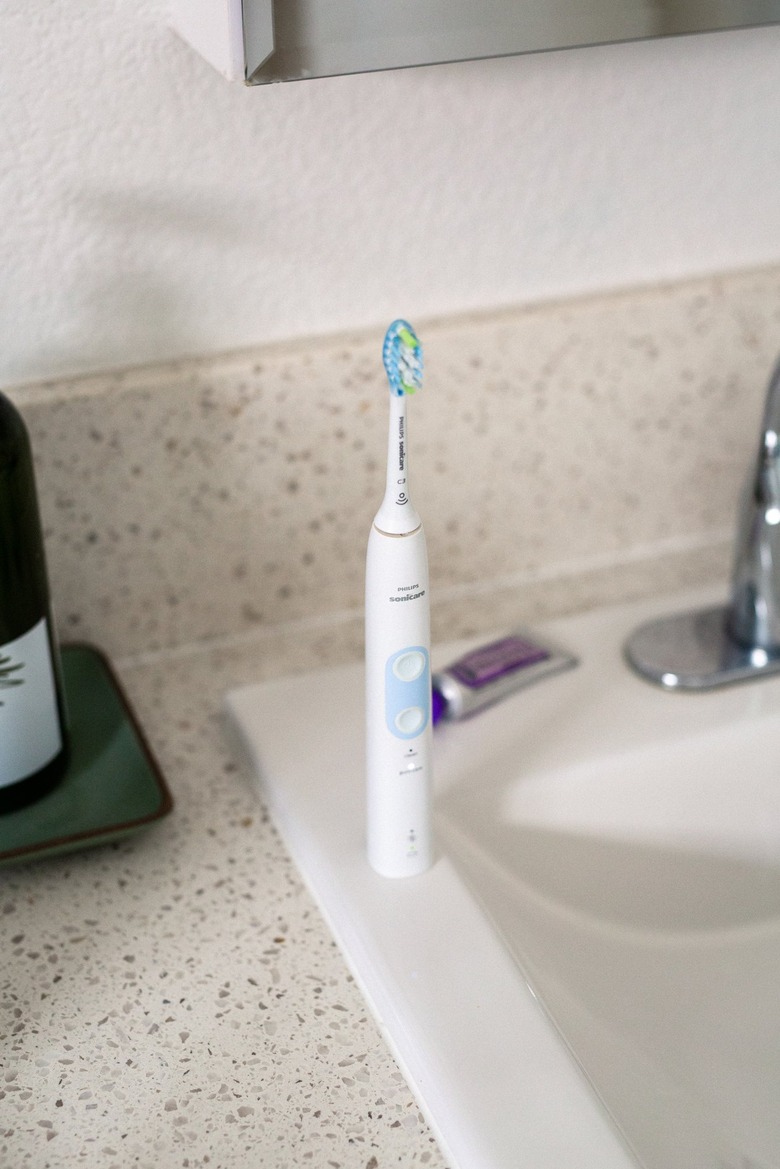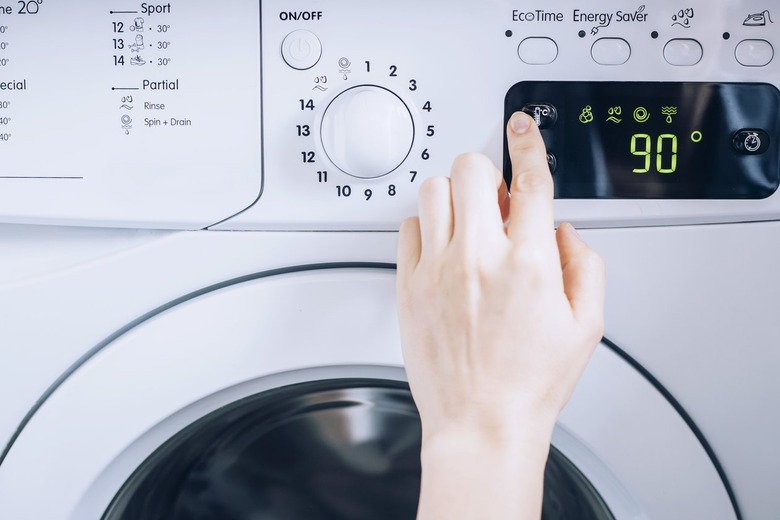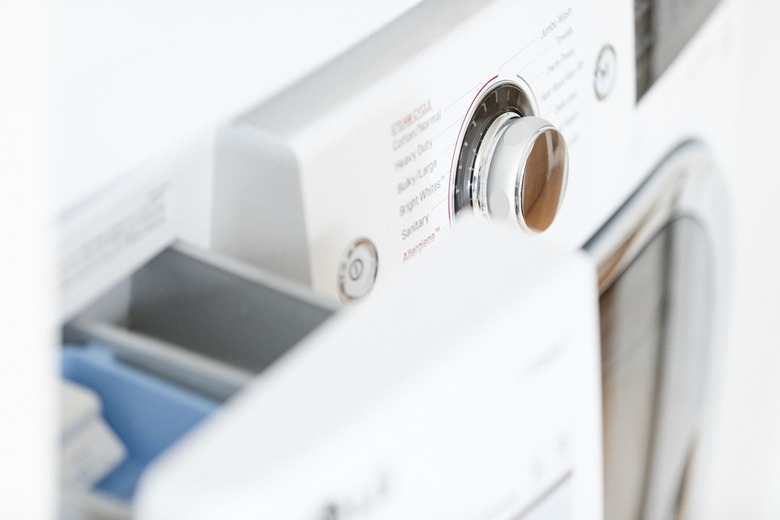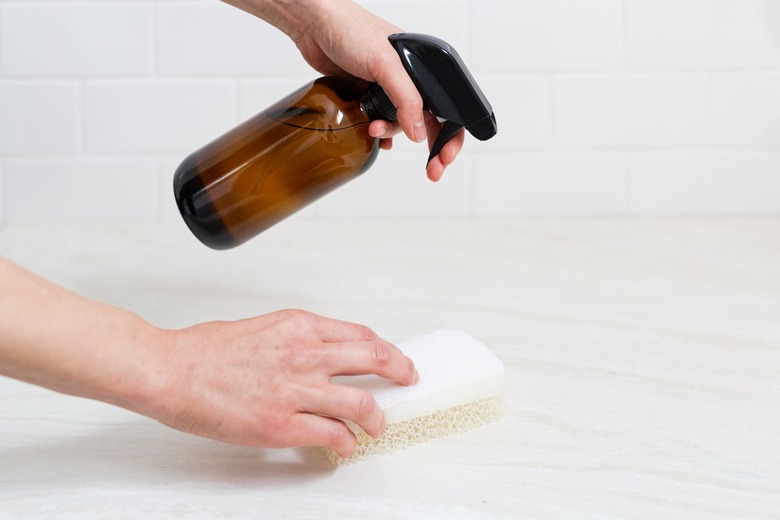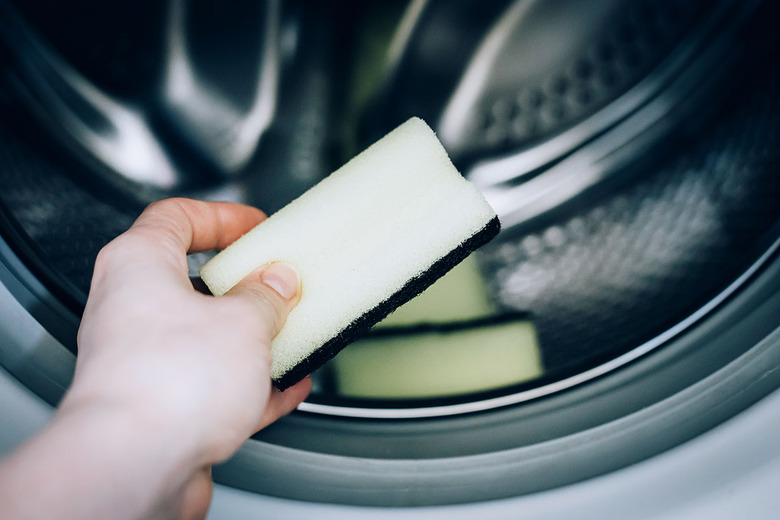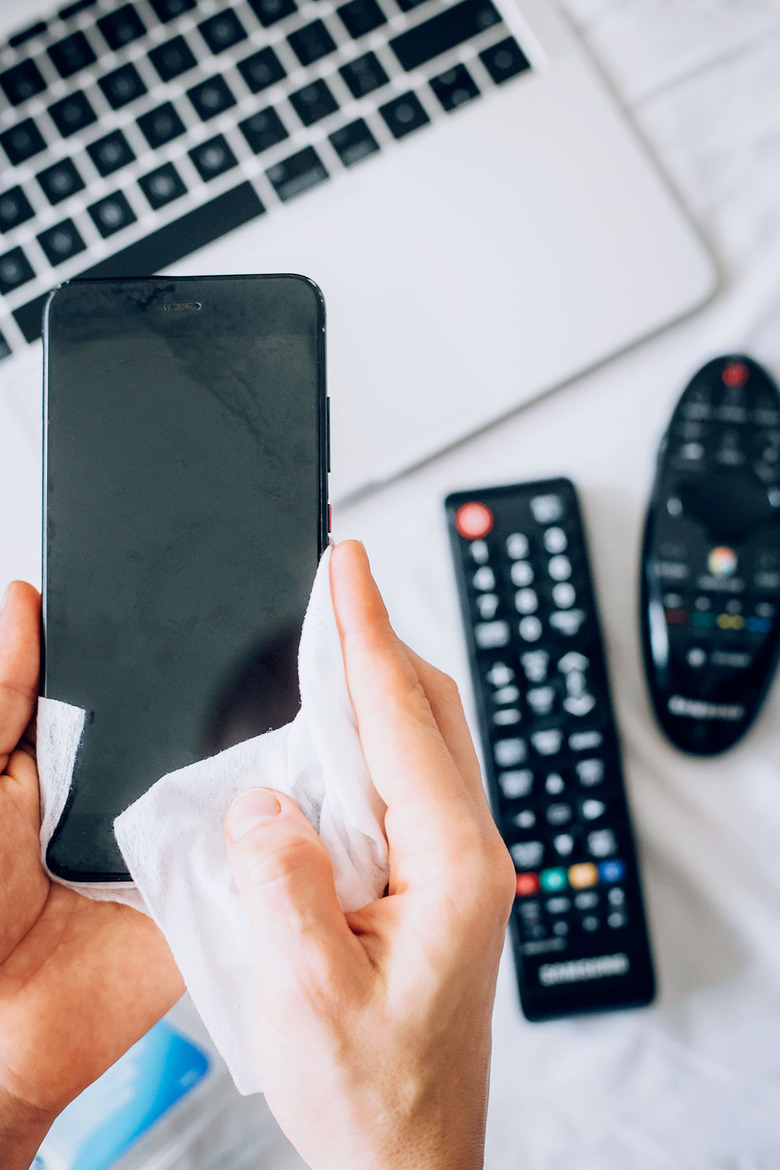Banish Bacteria With 7 Easy Cleaning Tutorials
You're clean, you're neat, you're tidy — and yet still, bacteria lie in wait all over your home. Those sneaky little bacteria bastards. This roundup of tutorials will get your space more than surface level clean.
1. Easiest Way to Reduce Bacteria in the Bathroom
1. Easiest Way to Reduce Bacteria in the Bathroom
Your bathroom is one of the dirtiest rooms in the house because of bacteria — so much bacteria. It's found on the light switch, toilet seat, faucet ... your toothbrush! Of course, you need to clean it (and we recommend areas you should address), but did you know that the most hygienic thing you can do to keep bacteria (somewhat) contained is to simply close your toilet seat lid?
2. Disinfect Your Toothbrush
2. Disinfect Your Toothbrush
Speaking of toothbrushes, our mouths harbor millions of bacteria, so you can see why it's important to disinfect your toothbrush at least once a week — and always disinfect it after you're sick. We have several methods that work, including mouthwash, hydrogen peroxide, and baking soda.
3. Disinfect Sheets and Towels After Being Sick
3. Disinfect Sheets and Towels After Being Sick
If you or someone in your home has been sick, you need to wash your sheets and towels a particular way to keep bacteria from growing and spreading in your home. You might be surprised that we recommend pine oil for disinfecting colored linens. We also suggest that you wear rubber gloves when handling the laundry, and then be sure to...
4. Disinfect Your Washing Machine
4. Disinfect Your Washing Machine
Give your washing machine a deep clean in order to avoid cross-contaminating your laundry and spreading bacteria and germs. You'll need chlorine beach and distilled white vinegar.
5. Create an Antibacterial Surface Spray
5. Create an Antibacterial Surface Spray
Kill bacteria on surfaces, such as kitchen counters or door handles, with a spray solution that not only gets rid of germs, it leaves behind a natural scent, too. Essential oils play a role in this cleaner.
6. Clean Your Sponges
6. Clean Your Sponges
Ever have a sponge that has a funky, musty odor? Yeah, that's bacteria. The damp, warm environment of sponges is basically heaven for bacteria to multiply. Needless to say, cleaning them well is very important. We have a couple of options on how to sanitize your sponges, including the washing machine, vinegar, or bleach.
7. Make Antibacterial Hand Wipes
7. Make Antibacterial Hand Wipes
While not a substitute for actual hand washing, hand sanitizing wipes are helpful. This DIY version includes isopropyl alcohol, which is known to kill bacteria. Make sure it contains at least 60% alcohol, and wipe your hands for about 20 to 30 seconds. We like keeping a stash of these in our car as well.
